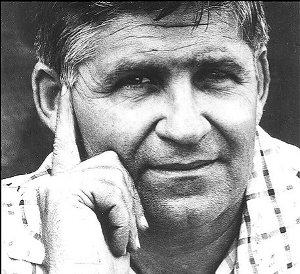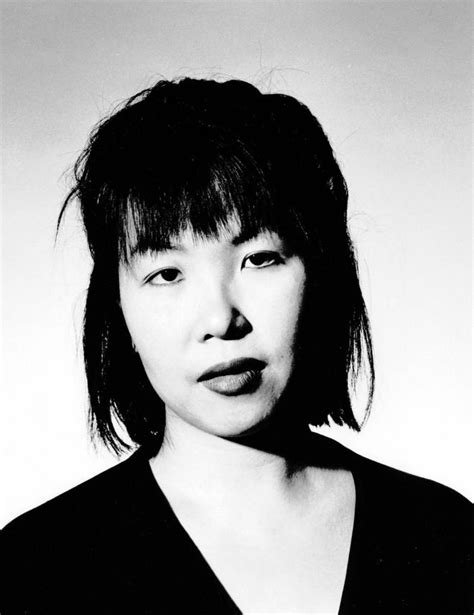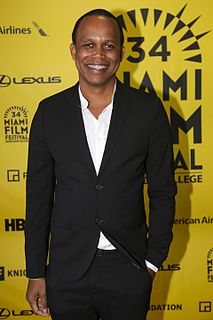A Quote by Sue Monk Kidd
I had begun to write novels because of a fierce, self-serving impulse in my own heart. I had not considered the potential in a book for felt communion, the bright largesse of intimately participating in the lives of other people.
Related Quotes
I was raised in Harlem. I never found a book that took place in Harlem. I never had a church like mine in a book. I never had people like the people I knew. People who could not find their lives in books and celebrated felt bad about themselves. I needed to write to include the lives of these young people.
The completeness of this transformation appalled me. It was unlike anything I had imagined. I became two men, the serving one, and the one who panicked, who felt Negroid even to the depths of my entrails. I felt the beginings of great loneliness, not because I was a Negro, but because the man I had been, the self I knew, was hidden in the flesh of another.
If you both agree at a conscious level that the purpose of your relationship is to create an opportunity, not an obligation-an opportunity for growth, for full Self expression, for lifting your lives to their highest potential, for healing every false thought or small idea you ever had about you, and for ultimate reunion with God through the communion of your two souls-if you take that vow instead of the vows you've been taking-the relationship has begun on a very good note.
In my twenties, it was so important for me to show people I had all these other books and these other sorts of writing in me, .. A lot of authors, if their first book is a success, they're terrified to write a second one. But in my case, since the first book wasn't considered a literary book, I was really determined to show people I could do other types of writing.
I more seriously considered publishing it under a pseudonym than I considered publishing it as fiction. I think the decision to write it as nonfiction happened at the very outset of the process, because the overwhelming impetus for writing this book was to understand what the experience meant, and to override my own reductions and rationalizations, whatever story I had that was not true. It didn't sit well with me and I needed to answer that. That's sort of the reason I write everything.
Before I wrote The Power of Now, I had a vision that I had already written the book and that it was affecting the world. I had a sense there was already a book somehow in existence. I drew a circle on a piece of paper and it said "book." Then I wrote something about the effect the book had on the world, how it influenced my life and other people's lives, and how it came to be translated into many languages affecting hundreds of thousands of people.
I felt that there were so many things that could go wrong, in adapting The Hunger Games , and I had this fierce desire to protect this book that she had written. At that time, I read the second book, in manuscript form, and so I saw where she was going with the series. I was able to convince Suzanne [Collins] to trust me with the books.
I had fallen in love. What I mean is: I had begun to recognize, to isolate the signs of one of those from the others, in fact I waited for these signs I had begun to recognize, I sought them, responded to those signs I awaited with other signs I made myself, or rather it was I who aroused them, these signs from her, which I answered with other signs of my own . . .
Write what you want to read. So many people think they need to write a particular kind of book, or imitate a successful style, in order to be published. I've known people who felt they had to model their book on existing blockbusters, or write in a genre that's supposed to be "hot right now" in order to get agents and publishers interested. But if you're writing in a genre you don't like, or modeling yourself on a book you don't respect, it'll show through. You're your first, most important reader, so write the book that reader really wants to read.






































